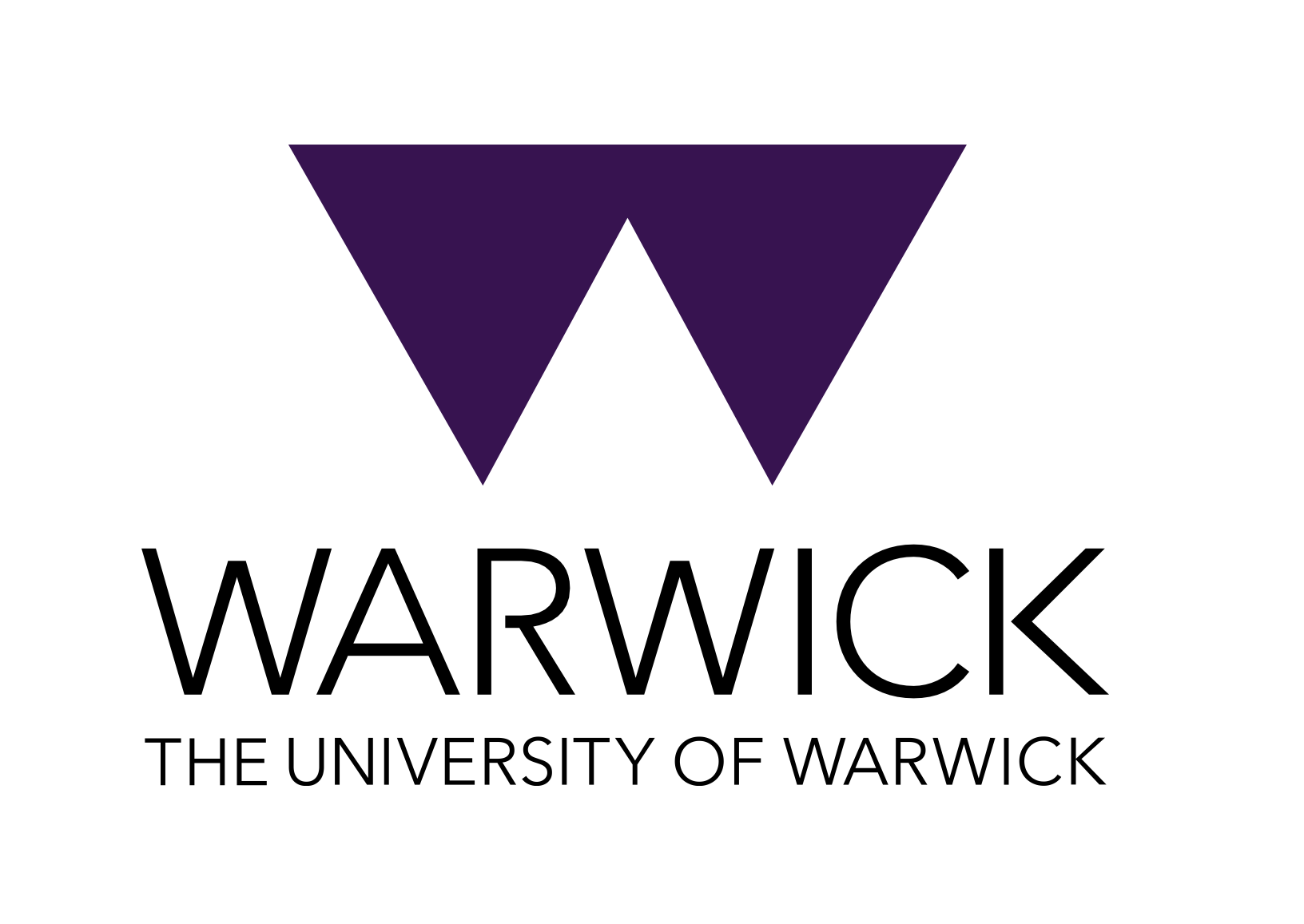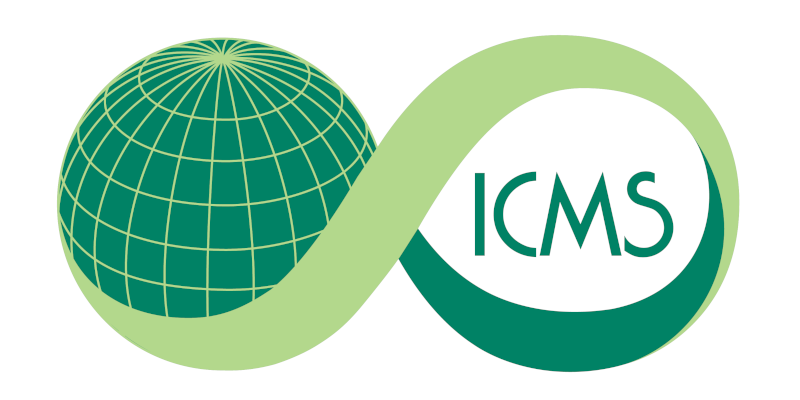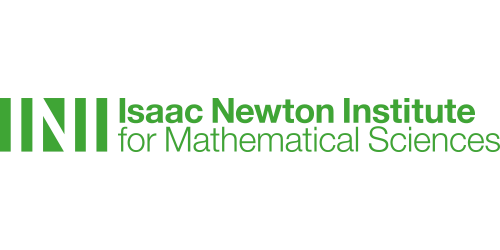Split session with skills workshops on four topics. Participants will be able to sign up for a session on the day, but numbers in each will be limited so we cannot guarantee your first preference.
-
MS.03: Animation, with Will Marler and Ben Sparks.
Animator Will Marler and maths communicator Ben Sparks demonstrate how to bring maths to life through animation and simulation. By diving deep into programs like PowerPoint and Geogebra, find out how to turn data and formulae into stories that will educate, captivate, and enthral your audience.
-
MS.04: Data Visualisation, with Jen Christiansen (remote speaker).
Scientific illustrator and graphical artist Jen Christiansen's workshop will look at ways to visualise data.
-
MS.05: Mathematical Writing, with author Kit Yates.
Whether you're a scientist, student, communicator, or simply someone passionate about sharing science, this workshop will help you turn complex ideas into compelling stories. Led by Professor Kit Yates — award-winning author, science writer, and contributor to outlets like The Guardian, IFL Science and Scientific American — this session explores the craft of science writing across short- and long-form formats.
You’ll learn how to find the narrative in scientific ideas, write with clarity and style, and tailor your work for different audiences—from curious readers to national media. Through examples, discussion, and practical exercises, we’ll cover how to structure articles, refine your voice, and pitch stories to editors. Whether you're hoping to write op-eds, features, blog posts or even books, this session offers tools and insights to help your writing stand out.
No prior experience required — just curiosity, creativity, and a desire to communicate science in ways that truly connect.
-
IAS Seminar room: Developing Engagement Activities, with Hana Ayoob.
Join science communicator Hana Ayoob to develop an engagement activity and make a physical prototype of it - in 90 minutes! We'll work through a series of prompts, and develop a longlist of ideas before choosing one idea to work on further.
- PC Room A0.02: Geometry, code and embroidery, with Margaret Low and Phil Jemmett.
Design and code geometric patterns, which will then be recreated in fabric and thread by an automated sewing machine. In this session, Margaret Low and Phil Jemmett will explore the links between mathematics, programming and textiles using geometry and measurement. Attendees will develop programs that create patterns, and those patterns can then be stitched using a digital embroidery machine.
The session is a fun and creative introduction to programming, using TurtleStitch. It's also an exploration of the role of software in industry, business and arts. TurtleStitch is free, easy to use, and generates patterns that can be stitched by embroidery machines, enabling the creation of physical things from code. At the end of the session, Margaret and Phil will open a discussion around how we can make interdisciplinary activities engaging and inspiring.
Workshop Leaders
Will Marler is an animator working in STEM and has animated for the likes of Tom Scott, Matt Parker, Dr Hannah Fry, and Professor Alice Roberts. They also produce Learn with Will, their own series of educational, animated videos teaching science, English, and maths.
Ben Sparks is a mathematician, musician, and public speaker. He gives maths talks and workshops around the world, to students, teachers, and the general public. He's part freelance and part-time with the University of Bath where he teaches on the Communicating Maths course. His performances include regular work with the Numberphile YouTube channel (run by Brady Haran – recently awarded the Zeeman Medal for Promotion of Maths) where his videos have been watched over 16 million times. He also runs his own YouTube channel SparksMaths.
Jen Christiansen is a senior graphics editor at Scientific American and the author of Building Science Graphics.
Kit Yates is an author, broadcaster and academic specialising in the role of mathematics in everyday life. Kit completed his PhD in mathematics at the University of Oxford and is now Professor of Mathematical Biology and Public Engagement at the University of Bath. He is the author of two books, The Maths of Life and Death (a Sunday Times Science Book of the Year) and How to Expect the Unexpected. He is a prominent commentator on the role of mathematics/science in society writing regularly for the Guardian and the Independent and a range of other media outlets. He regularly appears on radio shows like the BBC’s More or Less, and Inside Science as well as on TV news shows and documentaries. Kit is one of the core scientists that forms Independent SAGE, providing independent scientific advice to policy makers and the public on covid throughout the pandemic.
Margaret Low works with young people encouraging them to become creators as well as consumers of technology in her role as Director of Outreach and Widening Participation for WMG, University of Warwick. Margaret’s interactive workshops explore creative aspects of technology. She collaborates with organisations and communities to explore inclusive, creative learning experiences using technology. Margaret uses TurtleStitch as an approach to physical computing. It bridges the world of programming and textiles in a way that is accessible to young and old alike, bringing a very creative and practical dimension to computer programming.
Phil Jemmett trained in chemistry but left the lab after realising that talking science and inspiring young people to consider STEM careers was more fun. He has delivered events in libraries, museums, community groups, schools, universities, and once in someone’s lounge. Phil works at WMG at the University of Warwick with experts on cutting-edge technologies, sharing their stories with young and old to build trust in science and engineering. After all – if people don’t trust the researchers making innovations possible, the products won’t make it out of the university. Phil believes inspiring the workforce of the future to go into engineering is key to building a green future for everyone to live in.
Hana Ayoob is a freelance science communicator and illustrator. She’s passionate about bringing people together to explore and challenge the world around them. Hana speaks at a range of events, runs creative workshops, produces events and provides public engagement and science communication training and consultancy.



